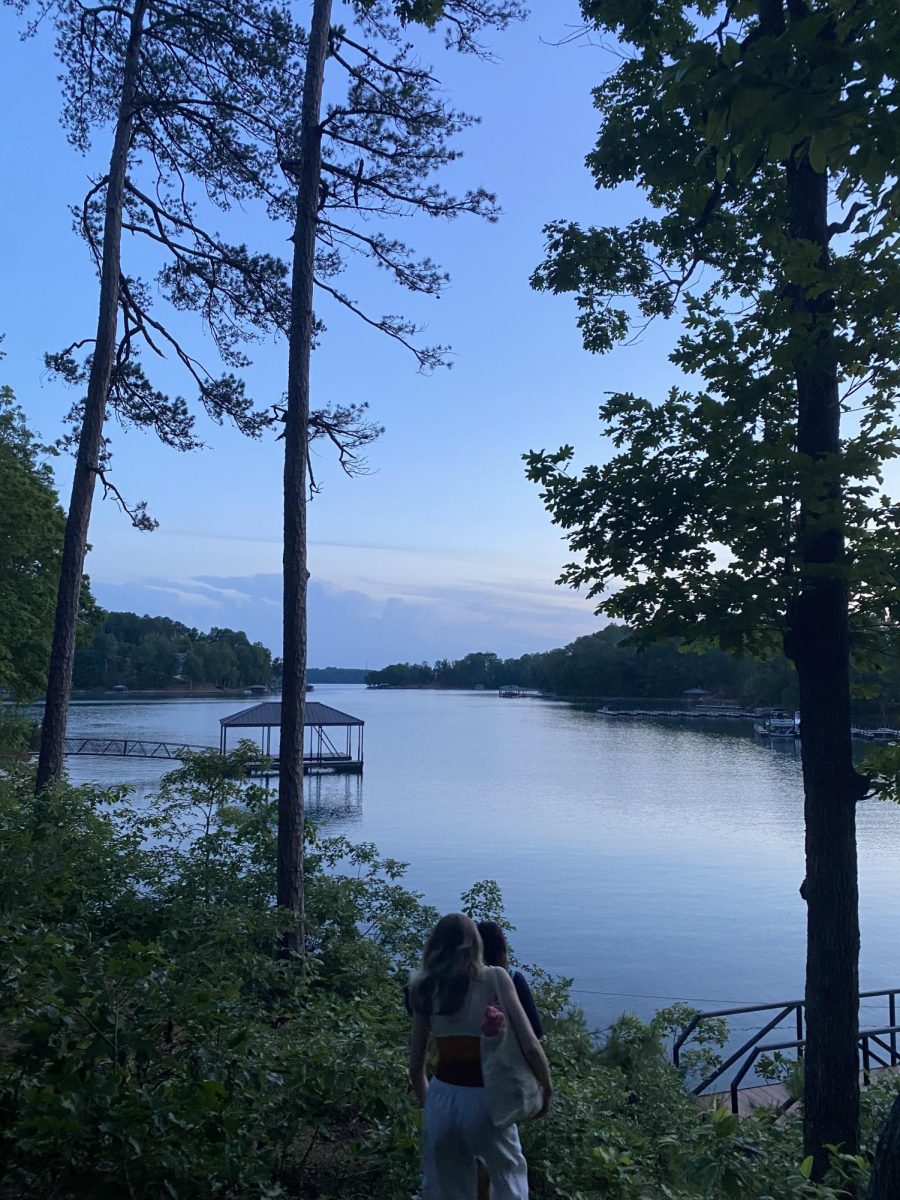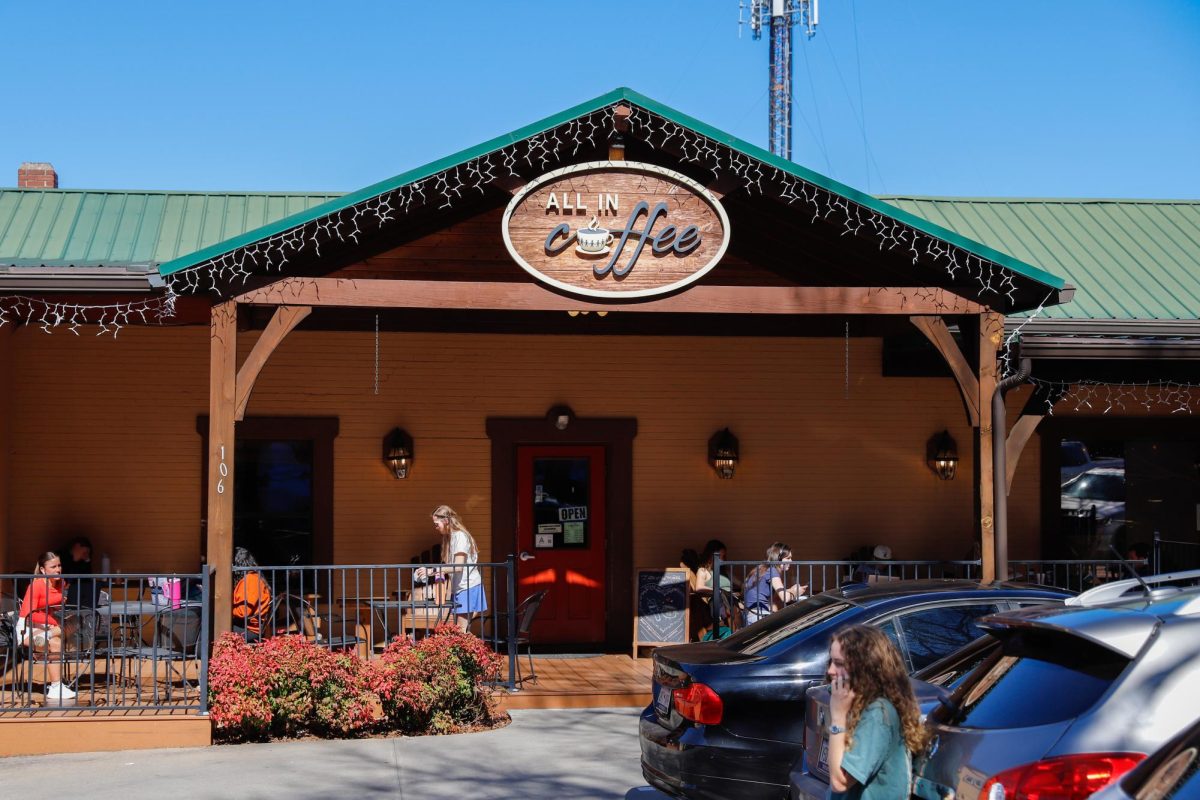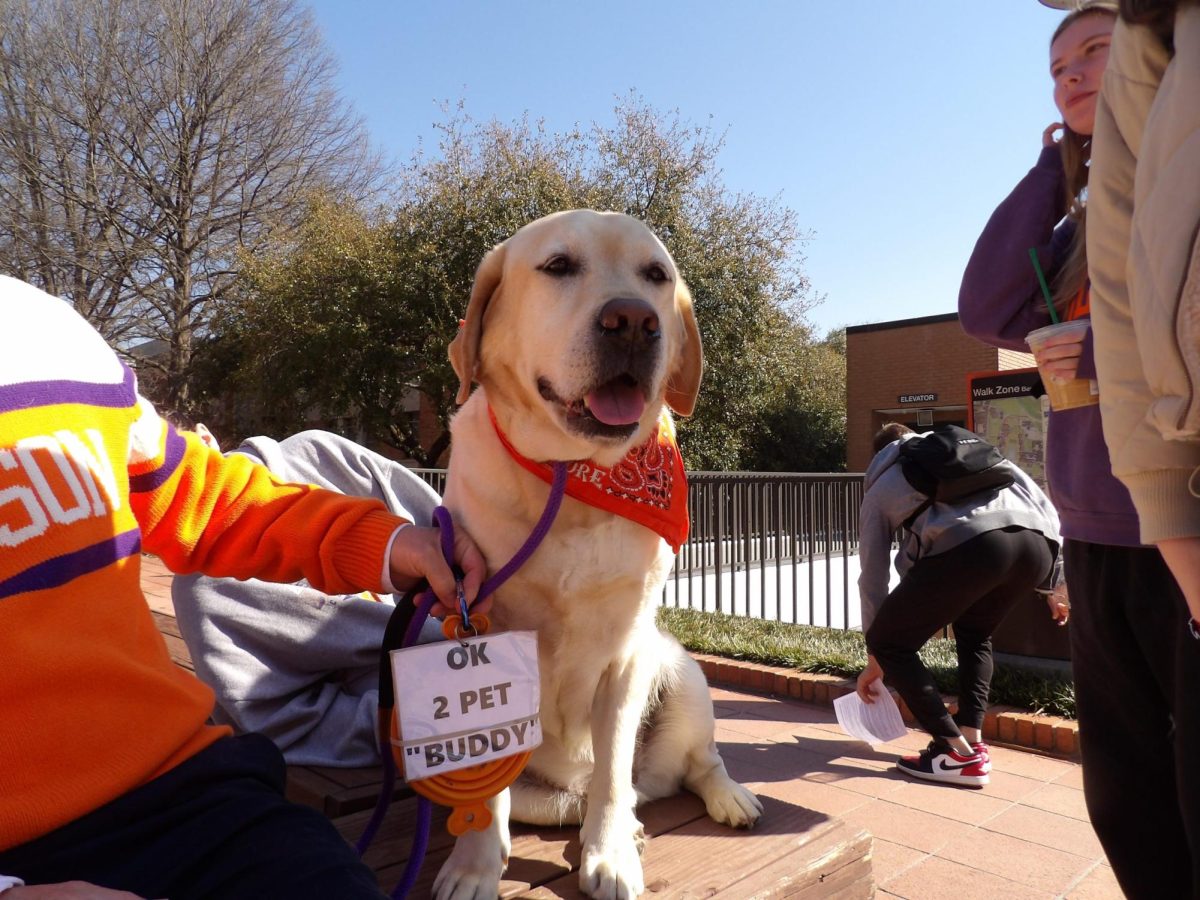The world has been brought to an utter standstill thanks to COVID-19. Society has turned to those in the healthcare field for answers. However, there is no clear answer that healthcare professionals can provide regarding the current state of the virus given the constant new discoveries.
Sarah Burt is a class of 2020 Clemson graduate with a degree in nursing, and she is now working as a pediatric hematology and oncology nurse in Atlanta, Ga. She has experienced the turmoil from the pandemic throughout her hospital. “This time is hard for employees because there is so much unknown and changing of policies all the time as they find out more about COVID-19. We are having to keep up with a lot and continue to adapt,” said Burt.
The employees are provided a website with a COVID-19 portal with the hospital’s policies. Those policies include what is expected of employees and what the procedure is regarding interaction with patients that contract COVID-19.
Clemson nursing’s 2020 spring graduates were able to finish their standard nursing classes; however, they did not get to finish their practicums, where they gain hands-on experience training under a licensed nurse. Burt said, “I definitely am not as confident for what I am going to have to do just because I feel like I did not get the hands on experience from practicum like most graduate nurses.”
Practicum provides nursing students with the reality of the nursing field; students work three, 12 hours shifts a week for the later part of senior year.
The future of the virus and the remaining time on social distancing protocols remains to be a question mark. Burt’s focus is pointed to the care and needs of her patients. “It is almost like there is no end in sight just because how the U.S. has handled COVID-19. I am still going into work and caring for my patients, that doesn’t change. The only difference is that I am wearing a mask and the other protective gear.”
Amber Westberry, a class of 2019 Clemson nursing graduate, is currently an RN, BSN in Greenville, S.C. Westberry often works with COVID-19 patients before she even knows that they have contracted the virus. “One of the hardest jobs is you can have someone come in with a stomach ache and no fever and in conclusion find out they are COVID-19 positive. I could have been working with them for hours before realizing they are positive without personal protective equipment and exposed myself,” said Westberry.
Westberry started working on the frontline in early February and felt as prepared as she could have been as a nursing graduate having completed her classes and practicum. However, no one could have been prepared for a pandemic. “When I started my job our tasks completely switched on what we were focusing on and I think it was hard in that aspect as a new grad in a new workplace figuring everything out,” said Westberry.
Because Westberry is exposed to COVID-19 everyday, she has not seen her family in months. Every week she is scheduled for 72 hours, but if the needs of the department are greater, her hours could be further increased. “Ultimately we control how long this virus stays here. The sooner we take precautions and stick to it the sooner we will get back to normal life, 100%,” said Westberry.








